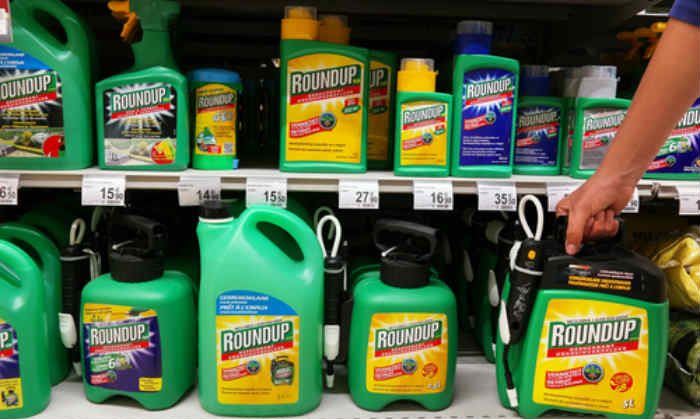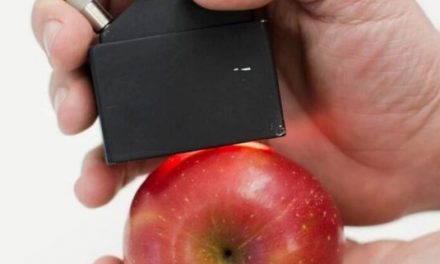Thinking of her constituents, and especially their children, this week Rep. Rosa DeLauro (D-Conn.) introduced legislation that would “dramatically limit American children’s exposure to glyphosate, the active ingredient in Monsanto’s Roundup weedkiller, in food.”1Cur Although the bill would only ban late-harvest spraying of glyphosate on oats and require the federal government to test popular kids foods for the herbicide that’s been linked to cancer, it’s a start in the right direction. And it’s about time.
Key provisions in DeLauro’s bill include:1
- Prohibiting the spraying of glyphosate as a pre-harvest drying agent on oats.
- Lowering by 300-fold the permissible level of glyphosate residues on oats, restoring the legally allowed level to just 0.1 parts per million, or ppm.
- Requiring the Department of Agriculture to regularly test fruits, vegetables and other foods routinely fed to infants and children for glyphosate residues.
Glyphosate is currently the most widely used pesticide in the U.S., used mostly on GM corn and soybeans. However, it has increasingly been sprayed “on oats and other grains just before harvest as a drying agent”1 because the glyphosate kills the crop and dries it out more uniformly so that it can be harvested sooner.
While that might make harvesting easier, it also significantly increases the amount of pesticide left on the plant, which definitely hangs around as the oat is processed into other food.
“…in the past two decades, the Environmental Protection Agency has increased the level of glyphosate residue allowed on oats from 0.1 ppm to 30 ppm, largely to accommodate Canadian oat farmers who use it. The lax policy has resulted in the contamination of oat-based foods with the carcinogenic weedkiller.
Last year, independent laboratory tests commissioned by EWG found glyphosate residues in popular oat-based foods marketed to children, such as Cheerios and Quaker oatmeal. Almost three-fourths of the samples tested had glyphosate levels higher than what EWG scientists consider protective of children’s health with an adequate margin of safety.”1
We deserve to know what we are eating. Parents deserve to know what they are feeding their children. Although it’s shocking and irresponsible that the USDA’s annual pesticide residue survey fails to include the most widely used pesticide in America, this bill is an important first step. We applaud Rep. DeLauro.
SOURCE:












